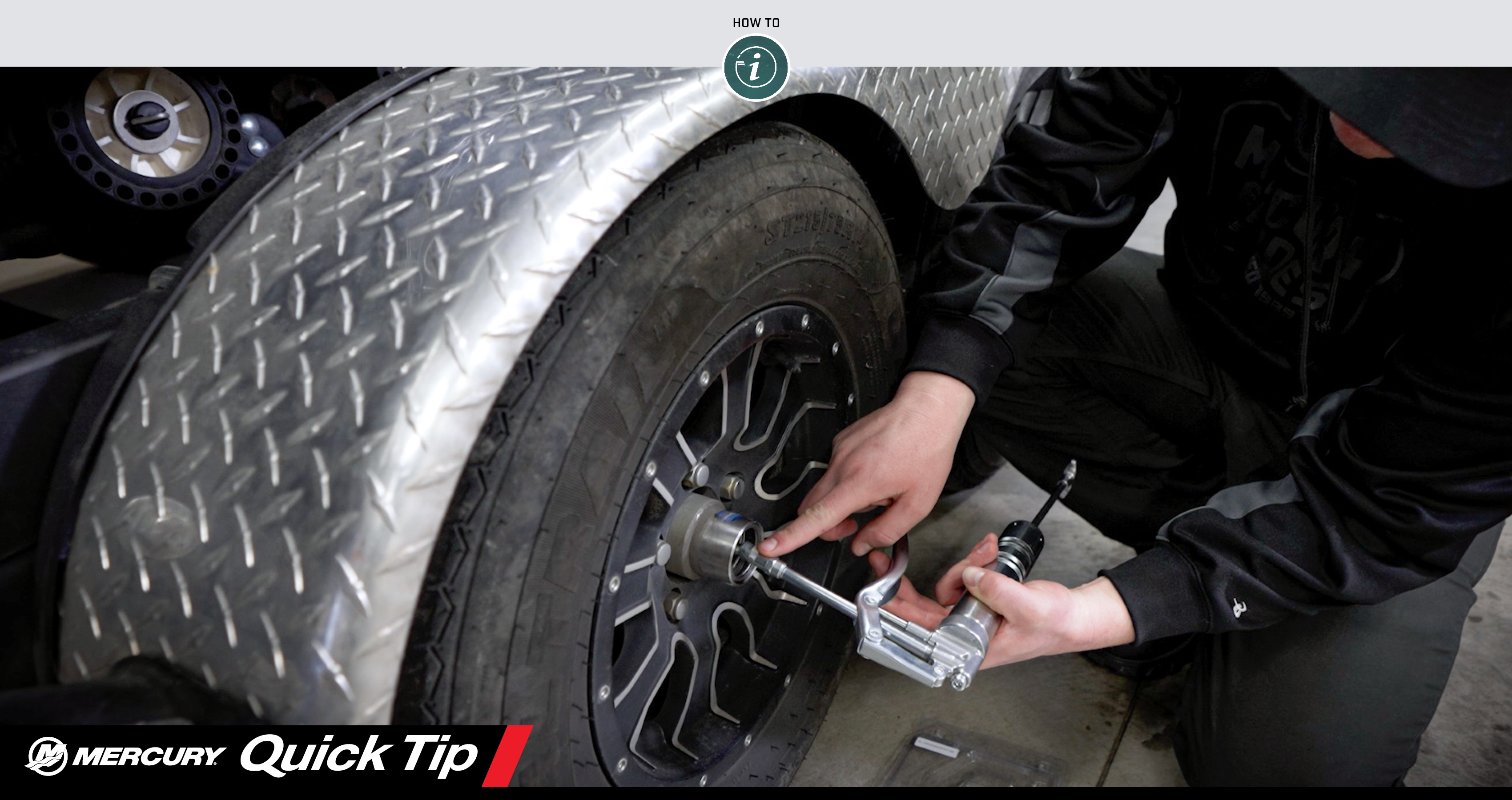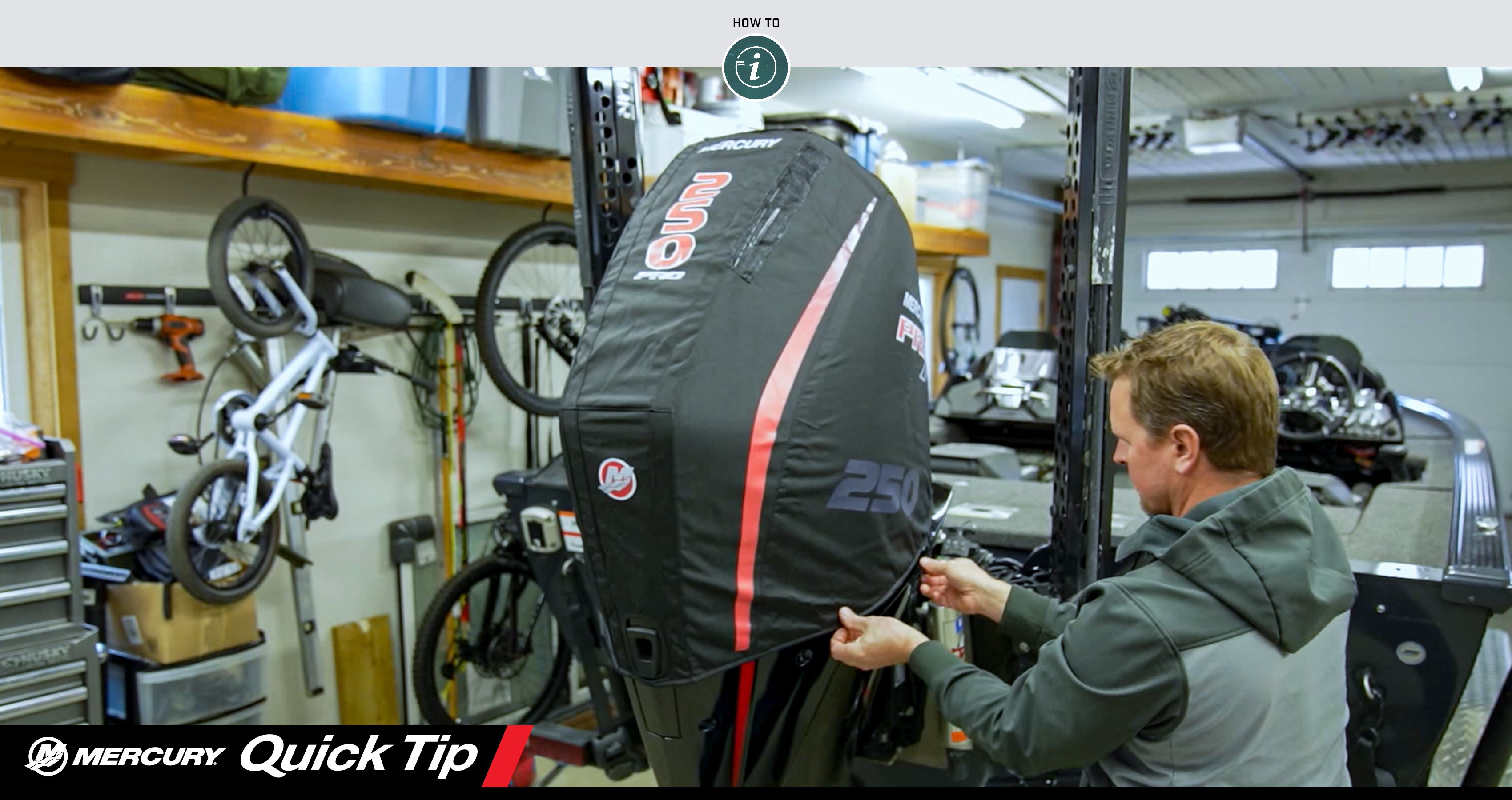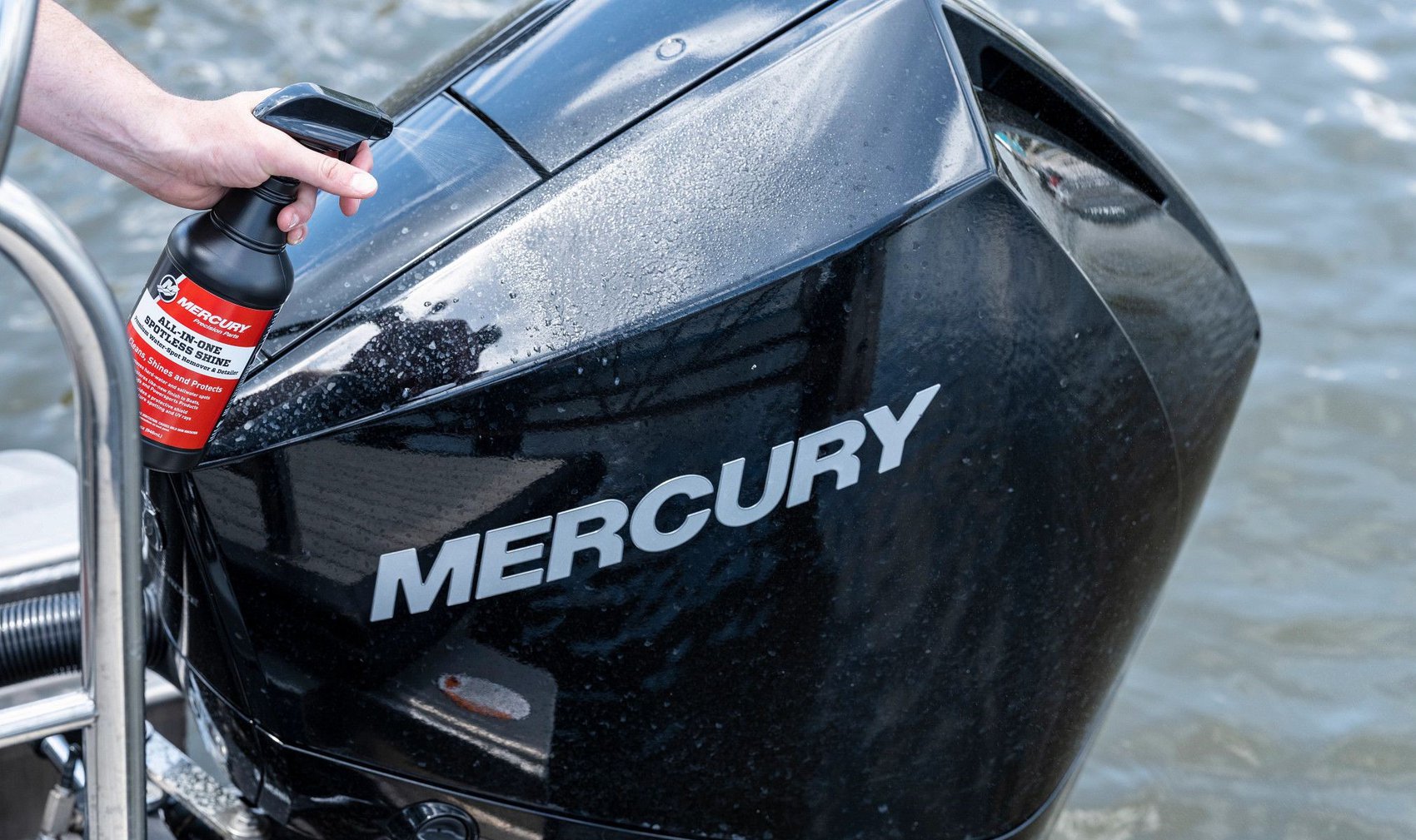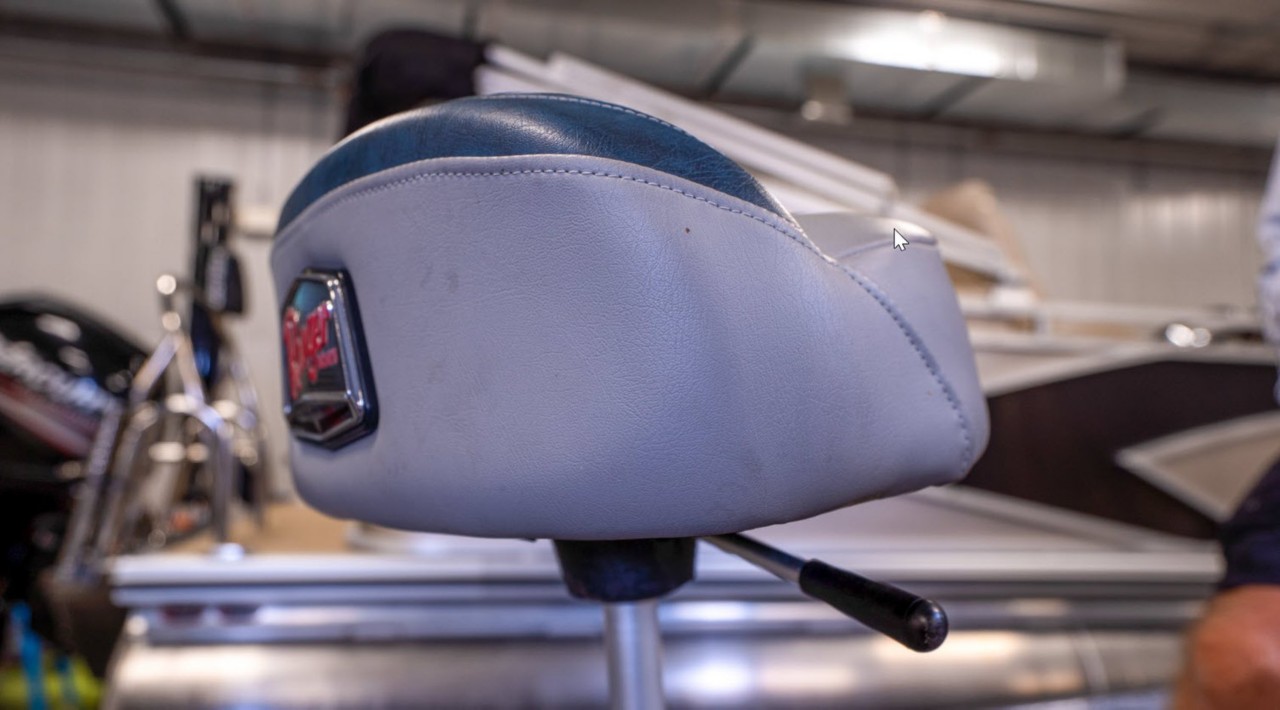A boat’s vinyl seats might look and feel spectacular when the boat is brand new, but they can quickly deteriorate as sun, salt spray, stains, mold and mildew take their toll. Preventive maintenance is the key to keeping your cushions looking great and feeling supple because once mildew or sun damage gets a foothold, it’s difficult, if not impossible, to bring vinyl back to its original glory.
Here’s the good news: Caring for vinyl is simple, and it all boils down to keeping your seat cushions clean and protected from the sun.
Cleaning Boat Vinyl
It’s important to take special care when cleaning modern marine vinyl, which comes from the factory already treated with antimicrobial additives. These do a better job than any aftermarket product at protecting the fabric against mold and mildew, so you don’t want to inadvertently scrub them away with harsh chemical cleaners or a stiff scrub brush. The best practice is to wash down vinyl with gentle soapy water and a soft rag every time you use the boat. If you skip this step, small contaminants will work their way into the vinyl’s surface over time, providing mold and mildew a foothold to begin growing.
Tough stains caused by sources such as colored drinks, ink and fish grime might require a dedicated marine vinyl cleaner. Always apply it with a soft rag, and follow up with a thorough freshwater rinse.
If mildew or mold has already set in, you can use a strong cleaner (bleach being the strongest, yet harshest of all) to get rid of the evidence on the surface, but the vinyl and the threads holding it together will take a beating, which will shorten the vinyl’s life span. This sort of cleaning should only be used as a last resort to buy a bit of additional time before having to replace the cushions.
Even after cleaning, mold and mildew can quickly return because the spores also live in the foam inside the cushion. If it’s possible to unzip the vinyl shell, you might need to treat the foam directly. A simple treatment starts with sprinkling baking soda all over the foam. Let it sit for a few hours, and then mist the foam with a 50-50 mix of vinegar and water. Place the cushion in a well-ventilated area for a few days to allow the mixture to seep into the foam. Next, soak the foam with water, squeeze it out, then soak it again, repeating the process several times until the water runs out clear as you squeeze. At that point, you can let the foam air-dry and then place it back inside the vinyl covering.
Protecting Vinyl Boat Cushions from the Sun
UV rays take a constant toll on your boat’s vinyl – and every other surface, for that matter. And while there are several vinyl protectants on the market that claim to offer a shield against harmful UV rays, none of them is half as effective as physically blocking out the sunlight.
Fortunately, many boat cushions are held down with snaps or mounted on tracks so they can be easily removed. If you can, remove your cushions and stow them in a dry, well-ventilated console or cabin between trips. It’ll be well worth the effort. In the case of large cushions that are difficult to remove or cushions that are affixed to the boat, the best protection is a canvas cover that fits over the seating module or the entire boat. Yes, it can be difficult to put on and take off a full boat cover every time you go boating, but the cover will extend the lifespan of your vinyl by many years and help protect all the other parts of your boat from damaging UV rays. You might even want to consider adding a cowl cover to your outboard to protect your investment from end to end.
As long as you take the time and effort to protect your boat’s vinyl from contaminants, mold, mildew and the sun’s UV rays, your seats will keep you comfy every time you push off the dock for years to come. And if your cushions do finally give out, remember not to throw them away. Bring them to your local canvas and upholstery shop, where they’ll usually be able to craft exact duplicates with fresh foam and new marine-grade vinyl.




